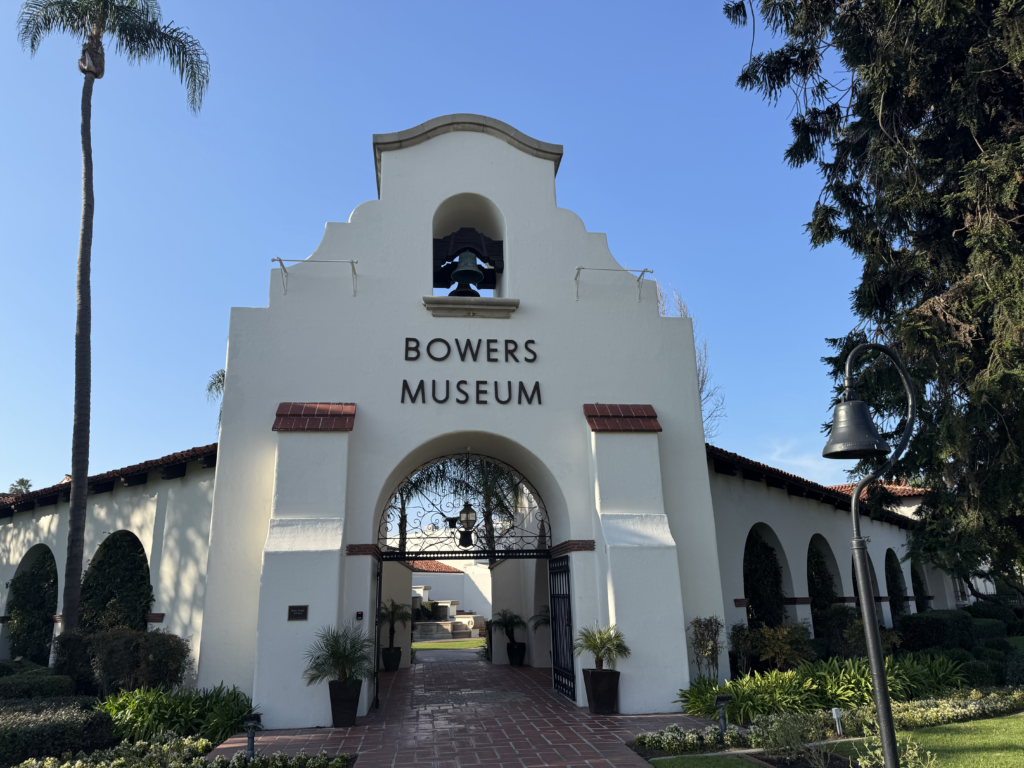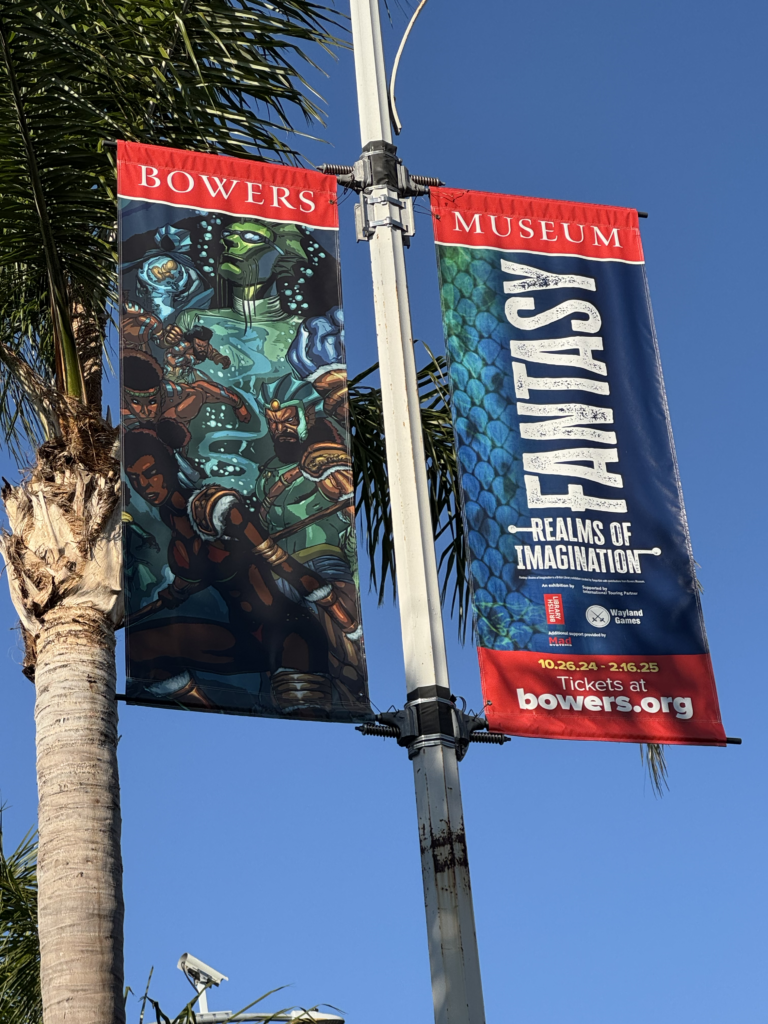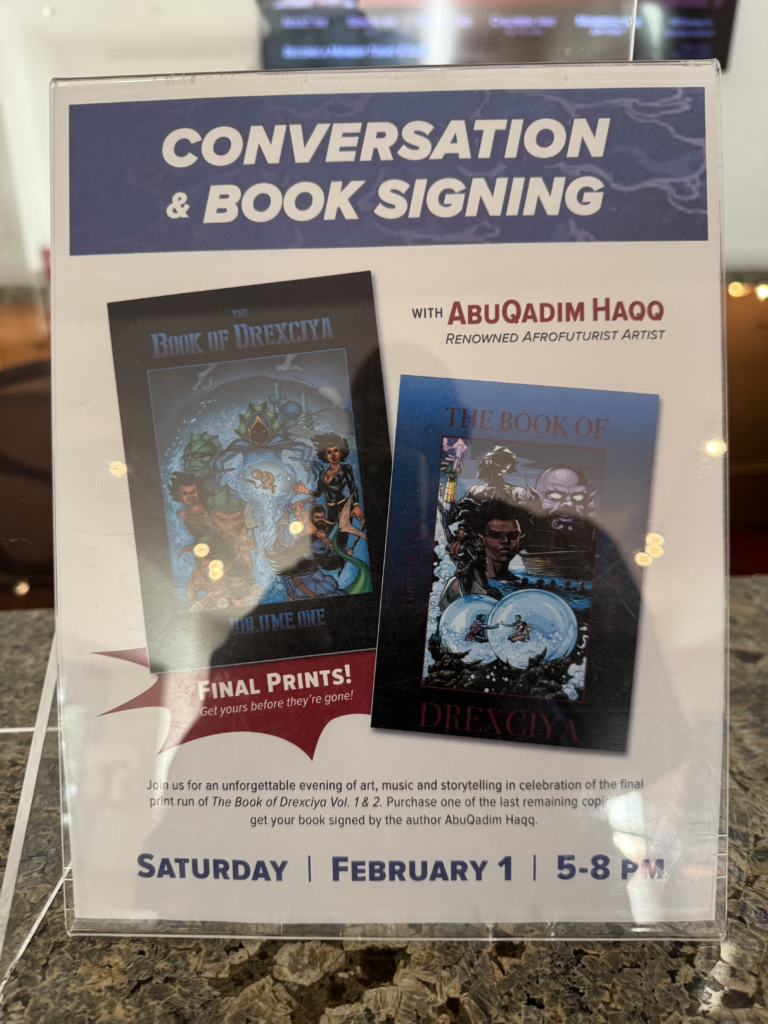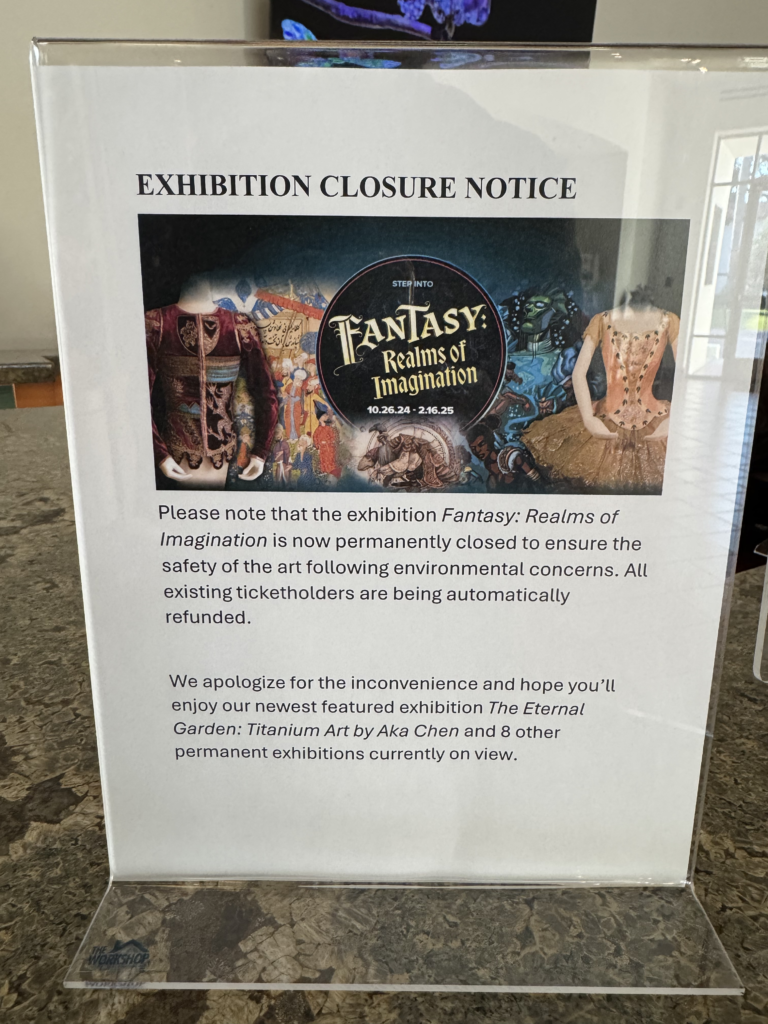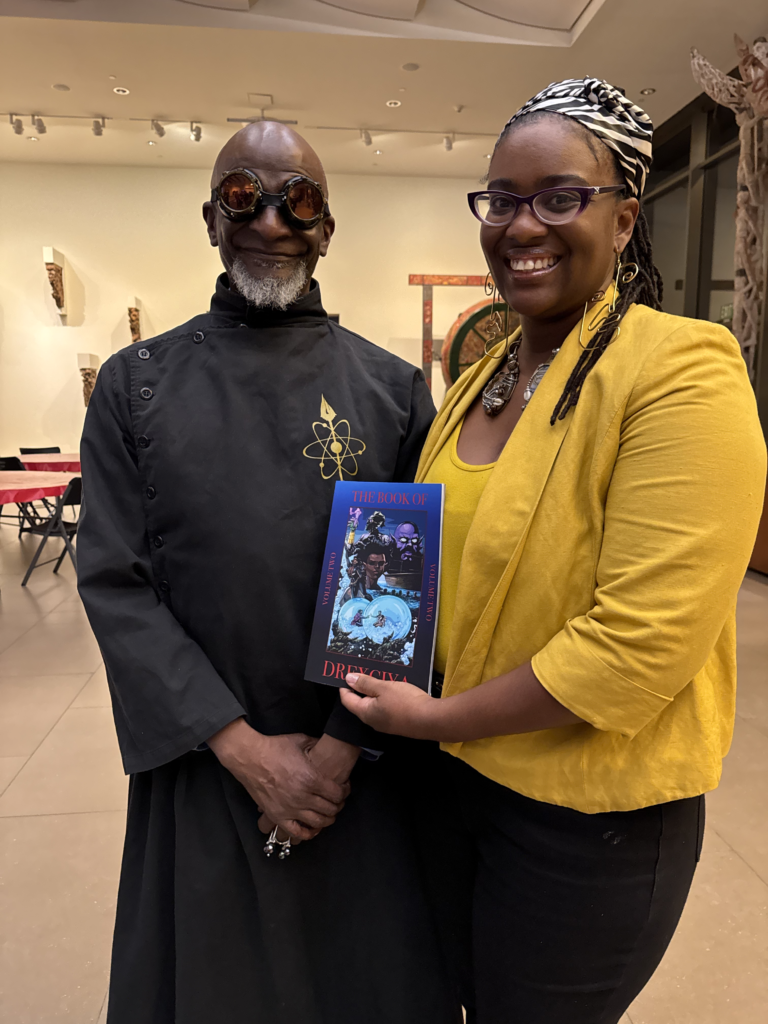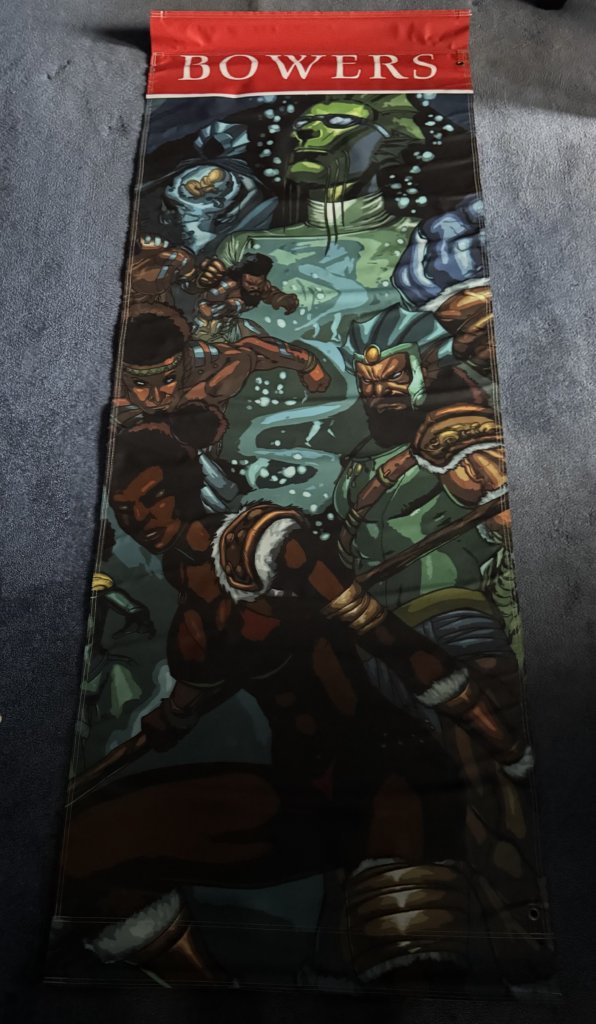Honoring 40 Years of Metroplex – A Return to Model 500
During this year’s Movement Festival in Detroit, I was deeply honored to take part in the 40th anniversary celebration of Metroplex Records—a cornerstone of Techno history. As part of the festivities, I was commissioned to recreate the iconic Model 500 artwork, originally illustrated by me over three decades ago, around 33 years to be exact.
This was more than a commission—it was a full-circle moment. Revisiting the visual language of Model 500 classics brought back the raw spirit of Detroit’s electronic revolution, the energy of machines and minds converging in rhythm. To redraw those images in this new time—both preserving the past and evolving its form—was a powerful reminder of how art and sound move together across generations.
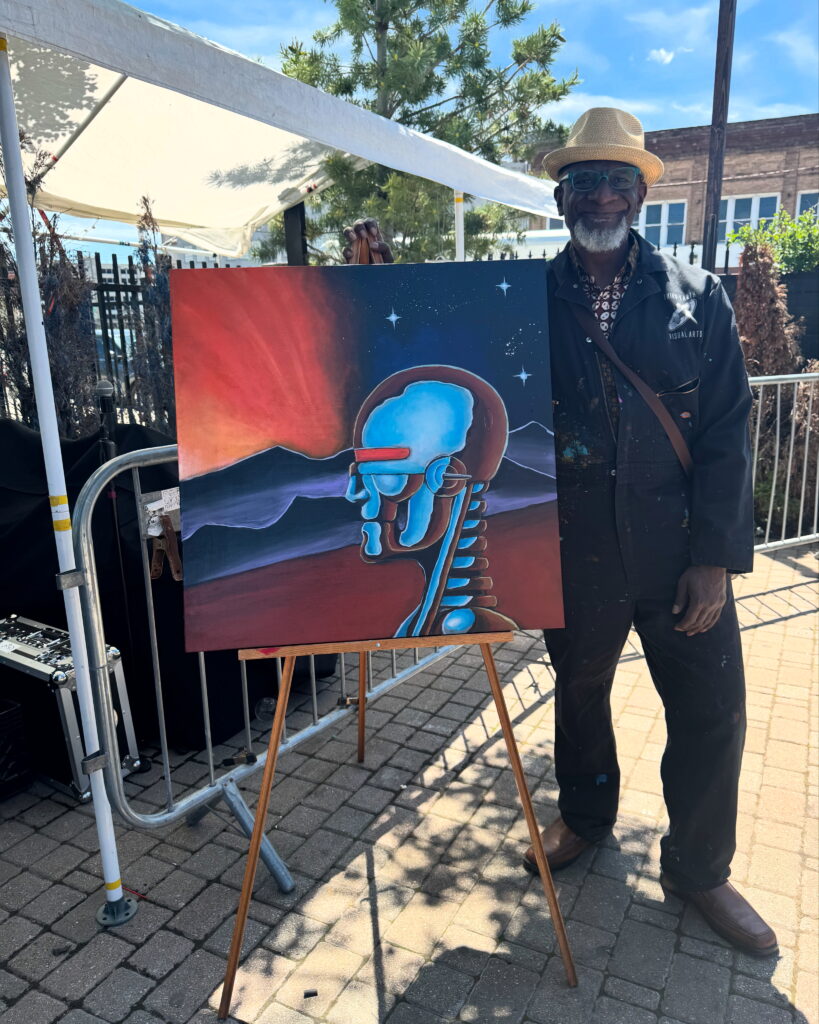
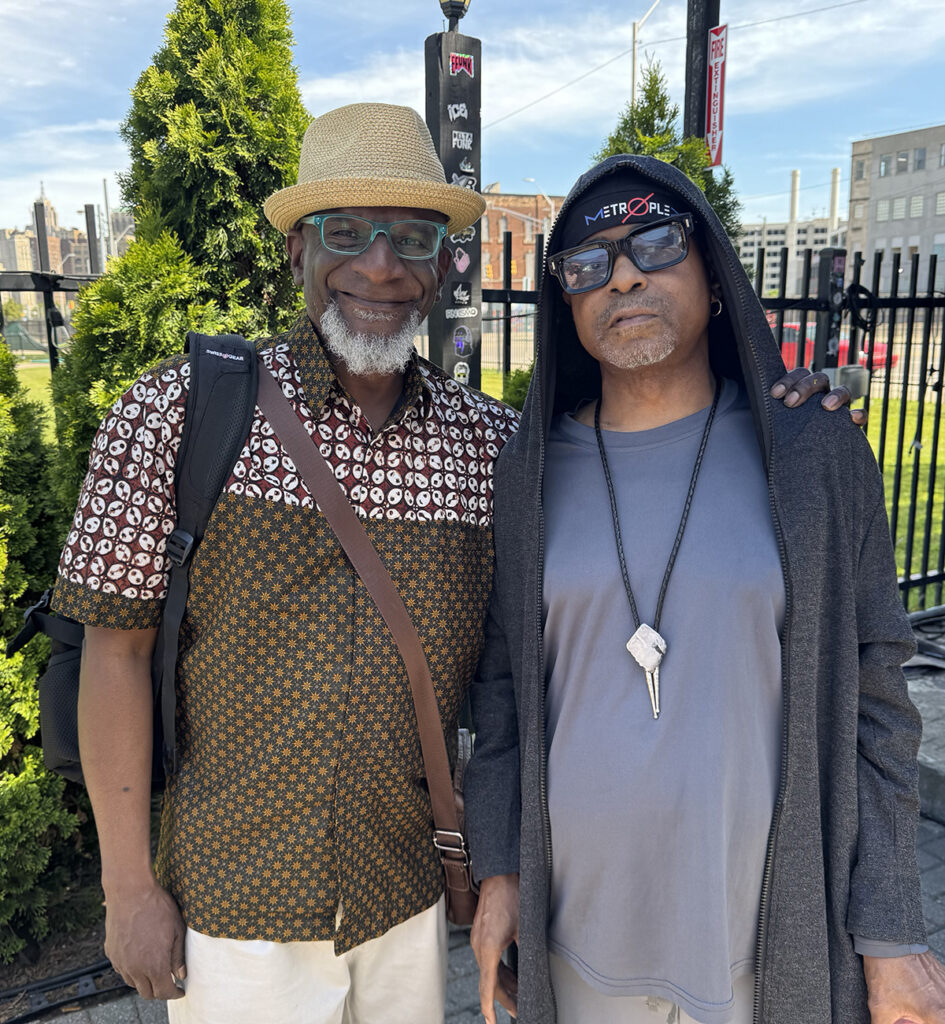
James Stinson and Gerald Donald: The Hidden Architects of Myth, Science, and Sound
In the deep currents beneath electronic music, beyond surface-level entertainment and fleeting trends, there exists a submerged world. A world built not from sound alone — but from myth, mathematics, and prophecy.
Two figures stand as its architects: James Stinson and Gerald Donald. Both sons of Detroit.
Both navigators of invisible worlds. Both builders of blueprints far beyond the scope of their time.
Through Drexciya, through Dopplereffekt, through Transllusion and beyond, they shaped more than music — they shaped cosmologies, resistance mythologies, and scientific visions that foretold discoveries humanity had not yet made.
James Stinson, who passed too soon in 2002, understood mythology at a visceral level.
He evolved ancient stories, fusing them with new myths of survival, transformation, and underwater rebirth. Long before gravitational waves were detected, he and Gerald Donald were already weaving them into sonic landscapes — capturing spacetime’s hidden pulse without waiting for the scientific world to catch up.
Their work was not entertainment.
It was navigation.
It was mapping.
It was future-building.
And for those with ears to hear and minds willing to voyage beyond the surface, their oceans still call.
Drexciya: Mythology as Survival, Mutation, and Rebirth
Drexciya was never just an electronic project. It was a living myth — a creation myth for a people the world tried to erase. James Stinson and Gerald Donald crafted the Drexciyan mythos to answer a brutal question:
What if the unborn children of the Atlantic slave trade survived?
What if they adapted — mutated — into an aquatic people, founding an empire beneath the ocean floor?
In this world, trauma does not end in death. It becomes transformation. Pain becomes sovereignty. History’s deepest horror becomes the seed of a secret civilization, hidden but undefeated. Drexciya was not a fantasy. It was a coded message: a reminder that survival itself is a form of rebellion, and that mutation — whether biological, spiritual, or cultural — is the true weapon of the oppressed.
James Stinson did not merely re-tell African mythologies. He evolved them. He showed that mythology is a living weapon — not nostalgia, but navigation. Through albums like The Quest, Neptune’s Lair, and Harnessed the Storm, Stinson and Donald wrote an alternate history: one where the drowned did not die — they adapted, remembered, and waited.
In every low-end pulse and watery synthwave, you can still hear their story being whispered:
We did not die.
We adapted.
We are still here — deeper than you can reach.James Stinson: The Sound of Prophecy and Science
James Stinson was not content to create myths from the past — he also reached forward into the unseen future. Long before gravitational waves were officially detected,
Stinson and Donald were already mapping them through sound.On projects like Neptune’s Lair and Lifestyles of the Laptop Café,
he hinted at scientific concepts that would only later be verified by mainstream physics:
- Gravity waves — ripples in spacetime caused by the collision of massive bodies —
were first predicted by Einstein in 1915,
but not detected until 2015, almost 15 years after Stinson and Donald wove them into the sonic structure of their music.When you listen to tracks like “Gravity Waves,” you don’t just hear basslines or synths — you feel the hidden pulse of the universe itself, folding and stretching through the abyss. Stinson’s grasp of science was not academic. It was intuitive, visceral, prophetic. He did not need a laboratory to believe in Einstein’s curvature of spacetime. He heard it. He translated it. He gave it shape in vibration — before the world had the instruments to prove it existed.
This is not coincidence. It is deep resonance with the architecture of reality — the same resonance that ancient navigators felt with the stars, that ancient architects felt with sacred geometry.
James Stinson was a scientific mythmaker, bridging the abyss between ancestral memory and quantum future. He made music that did not simply sound — it vibrated with truths the surface world was not yet ready to see.
Gerald Donald: The Architect of Mathematical Sound
Where James Stinson carried the pulse of myth and emotional survival, Gerald Donald began charting a different frontier — the mathematical skeleton of reality itself.
After Drexciya’s mythos reached its silent climax, Donald moved deeper into scientific and geometric abstraction:
- Dopplereffekt
- Arpanet
- Der Zyklus
- Japanese Telecom
Each project stripped away surface emotion and dove headfirst into the raw architecture of the universe.
Donald’s music explored concepts such as:
- Cellular Automata — simple rules creating endless complexity
- Calabi–Yau Manifolds — hidden, curled-up dimensions necessary for the existence of reality
- Mirror Symmetry — the idea that different worlds could be mathematically identical beneath the surface
- Compactification — higher dimensions folded so small they are invisible
He was not making “songs.” He was building mathematical temples in sound. Each track, each album, constructed like blueprints for future explorers — navigational maps for those who would someday walk the folds of space and time. Where Stinson sang of survival, Donald diagrammed transcendence. Where Stinson invoked the spirit of the drowned, Donald charted the topology of the stars themselves. Together, their legacy spans myth and math, pulse and pattern, memory and mutation.
Each one necessary. Each one incomplete without the other.
A Personal Reflection: Encounters with the Architects
I am not writing these words from a distance. I had the rare honor to stand, however briefly, inside the same currents that James Stinson and Gerald Donald helped shape.
In 1999, during the time of Neptune’s Lair, I met with James Stinson in connection with the project. There was something unmistakable in him — a gravity, a vision that extended far beyond beats and records. Even then, it was clear: he was not simply making music — he was building worlds.
Years later, in 2003, I met Gerald Donald — not in Detroit, where we both come from, but at a temple in Kyoto, Japan. At the time, it seemed like a strange coincidence: two Detroit sons crossing paths at a temple across the world. But now, with clearer eyes, I understand:
It was not random. It was an alignment.
Meeting Stinson near the waters of Drexciya’s myth. Meeting Donald in the sacred stillness of Kyoto’s ancient halls. Two meetings at the thresholds between myth and mathematics, between spirit and structure. I did not fully grasp the consequences then. Now I do.
These encounters were invitations — silent calls to continue the work: to remember, to document, to honor the architectures they revealed.
Closing Reflection
James Stinson and Gerald Donald did not merely create albums. They rewrote myth.
They anticipated scientific discovery. They charted survival blueprints for future generations.They stand as hidden architects — bridging the drowned past, the chaotic present, and the infinite future.
Their oceans are still here. Their maps are still active.
Their gravity still pulls at those willing to listen beyond the surface noise.Drexciya lives. The Architects of Myth, Science, and Sound endure. And the journey — the deep, uncharted voyage they began — is far from over.
Today is Yesterday’s Tomorrow: Talk at U-M Flint
On April 3, 2025, I participated in a panel discussion at the University of Michigan–Flint, held as part of the “Today is Yesterday’s Tomorrow” exhibition. The conversation took place just one day before the exhibition concluded. Moderated by Ash Arder, the panel also featured artists Reuben Telushkin and Venusloc. I was honored to be in conversation with such distinguished and visionary young artists, each bringing a unique perspective to the dialogue. We explored speculative imagination in art, music, and culture, and I spoke about Drexciya, its mythological roots, and how it continues to shape my work through the lens of Afrofuturism. It was a powerful and inspiring exchange on how the past, present, and future converge in creative practice.
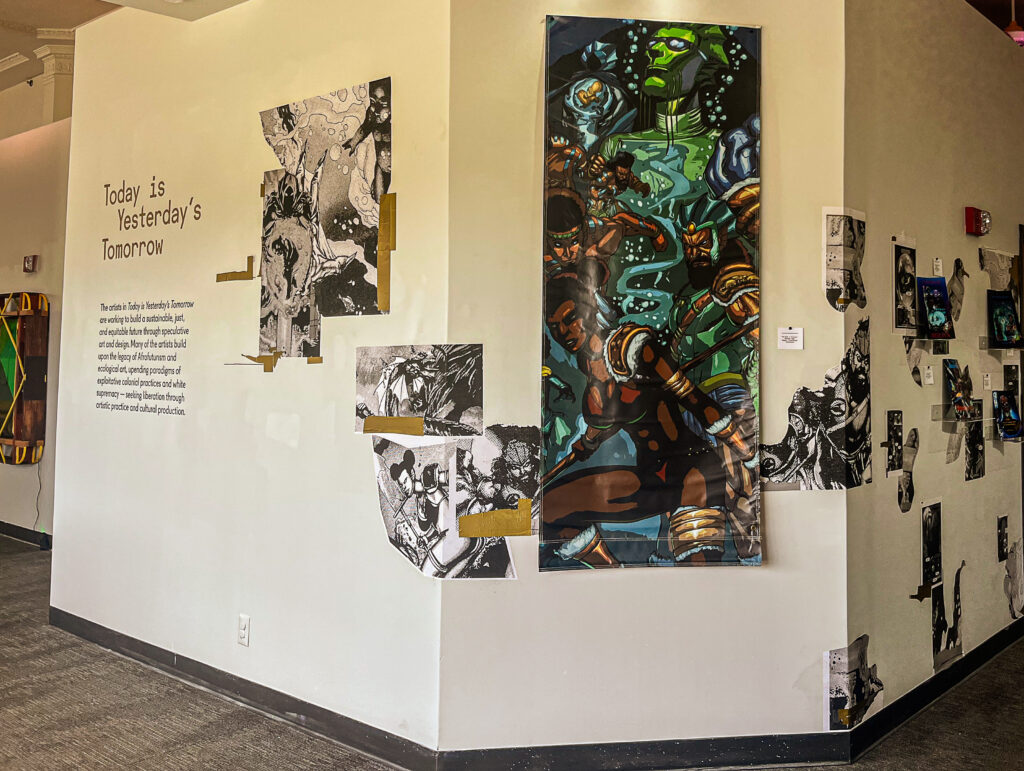


Thoughts on Afrofuturism:
Afrofuturism envisions a continuum where the past, present, and future are not separate but intertwined. In this cosmic reality, the ancestors have ascended beyond the confines of time and space, existing as luminous beings in higher dimensions. From their vantage point, they observe their progeny, whispering through dreams, rhythms, and intuition, urging us to harness both internal and external technologies to transcend our current limitations. They remind us that true advancement is not just about material progress but about aligning our spirit, mind, and body with the frequencies of the cosmos.
Internal technologies are those that reside within us—ancestral memory encoded in our DNA, deep meditative states that allow us to access higher realms, and the power of the subconscious to tap into wisdom beyond the veil of ordinary perception. Practices such as drumming, chanting, and ritualistic movement are not mere cultural artifacts; they are vibrational keys that unlock access to these higher dimensions. The mind itself is a starship, capable of traveling through time, revisiting the past, and glimpsing into possible futures. The expansion of consciousness, whether through dreams, altered states, or deep introspection, becomes a gateway to realms where the ancestors dwell, waiting to share their knowledge.
External technologies, on the other hand, are the tools we create—machines, artificial intelligence, interstellar vessels, and even cybernetic enhancements—that allow us to explore the unknown reaches of the universe. Afrofuturism suggests that these external advancements must be guided by a deeper understanding of who we are and where we come from. Science and technology, when harmonized with ancestral knowledge, can become instruments of liberation, breaking the barriers that have kept us bound to a single perspective of reality. From the rhythmic pulses of the djembe to the beats of Detroit Techno, sound itself is a form of technological innovation—a means of communication that extends beyond language, influencing consciousness and reshaping the world.
The ancestors call for balance. They urge us to master both the seen and the unseen, to become explorers not only of outer space but of inner space as well. The next evolution of humanity lies not just in physical expansion but in the awakening of a multidimensional existence—one where time bends, reality unfolds in layers, and we step boldly into the unknown, guided by the wisdom of those who came before us.

Submerged Realities: My talk at Michigan State University
On March 27, 2025, I had the pleasure of speaking at Michigan State University as part of a special series commemorating the 65th anniversary of the African Studies Department. Moderated by Professor Julian Chambliss, our discussion explored my journey as an artist, the history of Detroit Techno, and the mythology of Drexciya, all through the lens of Afrofuturism. We examined how music, visual art, and storytelling intertwine to create new worlds and reimagine Black futures. It was an engaging and thought-provoking discussion, and I’m grateful for the opportunity to share my insights with the students and faculty.
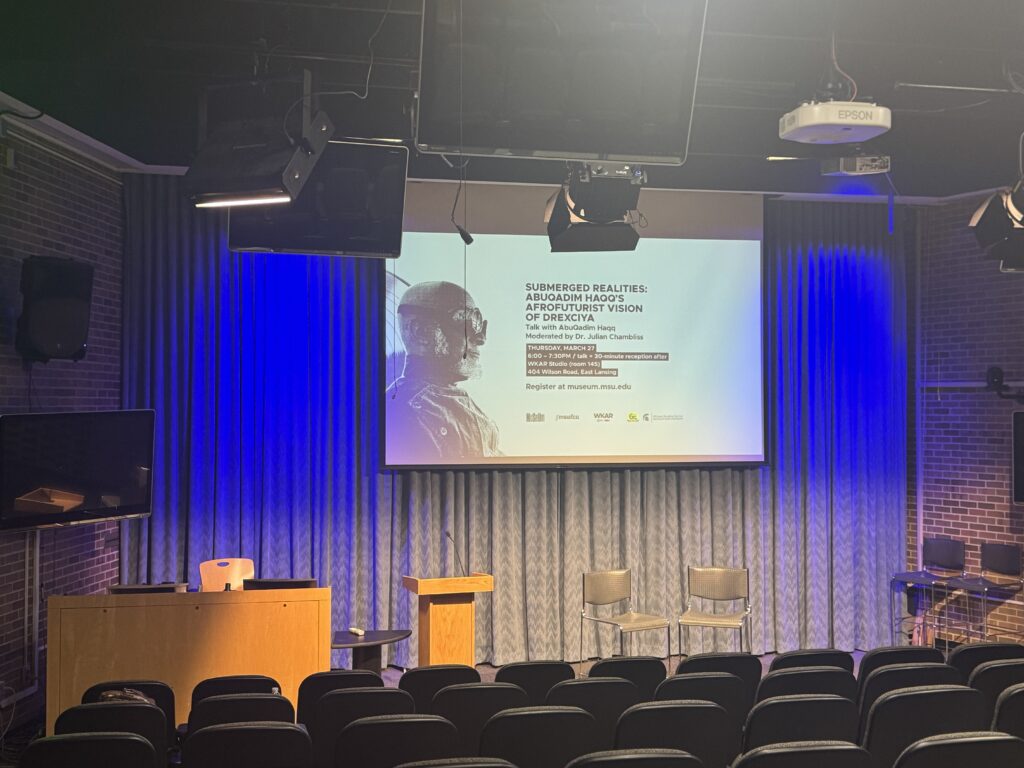

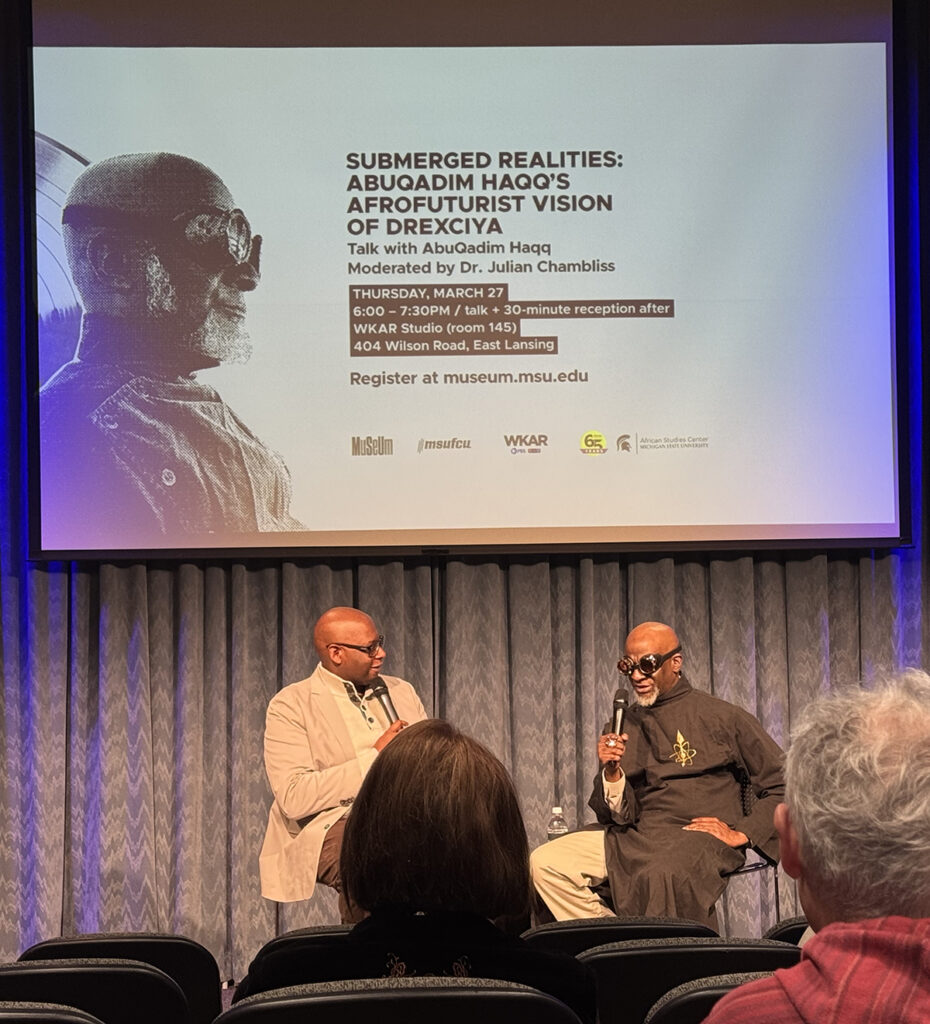



Exploring Drexciya: My talk at the Bowers Museum
On February 1st, 2025, I had the honor of speaking at the Bowers Museum in Santa Ana, California, about Drexciya—the mythology, the music, and its impact on Afrofuturism. The discussion was moderated by Professor Jalondra Davis, whose insights into Black speculative fiction and aquatic histories added depth to the conversation. Sponsored by the Bowers Museum and Neptunian Influence, the event explored the origins of the Drexciyan narrative, its connections to African diaspora storytelling, and how it continues to inspire new generations. Sharing this vision with an engaged audience in such a prestigious setting was a powerful experience, reaffirming the importance of mythology and music in shaping our future.
